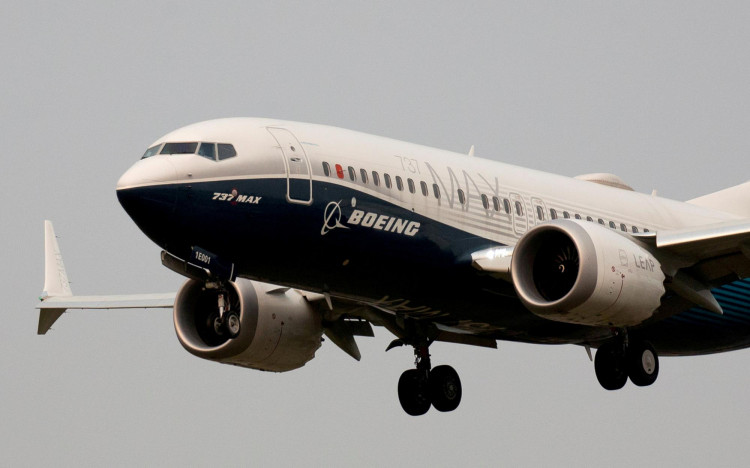The Federal Aviation Administration (FAA) has raised concerns over new safety issues pertaining to Boeing's 737 Max and 787 Dreamliner aircraft, marking another challenging chapter for the aerospace giant. The issues, related to engine anti-ice systems, have prompted the FAA to initiate standard processes for developing airworthiness directives, though both aircraft models continue to operate as the agency and Boeing do not view the problems as immediate flight risks.
Despite this, the revelation of additional safety concerns adds to the scrutiny Boeing faces, especially after a series of problems with the 737 Max, including two fatal crashes in 2018 and 2019 that led to a 20-month grounding of the jet. The importance of de-icing equipment, crucial for safe flight at high altitudes and in moist conditions, has been underscored by industry experts, highlighting the significance of addressing these issues promptly.
Boeing discovered the 737 Max issue, which could potentially cause engine failure due to damage from operating in icing conditions, during an engineering analysis in 2021. The company has since provided a fix and disclosed the issue to airlines and the FAA. Meanwhile, the 787 Dreamliner faces a separate issue where a damaged seal could lead to heat damage to an engine inlet, risking serious aircraft damage. Boeing is working on redesigning the part to prevent further issues.
These safety concerns come at a time when Boeing is already under intense scrutiny from various fronts, including lawmakers and regulatory bodies. The company's request to the FAA to certify new models of the 737 Max, despite known flaws in the anti-ice system, was withdrawn, delaying plans to deliver new planes to customers. Additionally, Boeing has faced criticism for its manufacturing quality and safety procedures, highlighted by the National Transportation Safety Board's ongoing investigation into a mid-flight incident involving a 737 Max and the Justice Department's probe into whether the incident violates a previous settlement related to the certification of the 737 Max.
As Boeing navigates these challenges, the company's leadership acknowledges its accountability for the issues and commits to addressing them. CEO Dave Calhoun stated, "We caused the problem, and we understand that. Whatever conclusions are reached, Boeing is accountable for what happened." This stance reflects Boeing's recognition of the need to restore confidence in its aircraft and its commitment to safety and quality in its operations.
The FAA's proposed airworthiness directives, affecting approximately 315 planes including both Maxes and Dreamliners, are open for comment until April, after which corrective actions will be required. Boeing's efforts to address these and other issues are crucial for its reputation and for the safety of air travel, as the company works to regain trust and demonstrate its dedication to engineering excellence and rigorous safety standards.





